4/24/24
Today, our guest speaker was Jenifer Bystry, Director of Community Engagement with Glen Ellyn based Bridge Communities.
Founded in 1988, Bridge has served over 970 families, helping them break the cycle of homelessness. The program of housing, mentoring, employment and education counseling focuses families towards a goal of permanent housing and self-sufficiency. Clients include our friends, neighbors, and classmates. The problems Bridge addresses are homelessness, underemployment, unemployment, skill deficiencies, lack of education, parenting issues and debt management. The program objectives are:
- Secure an improved employment status
- Reduce debt and improve credit rating
- Teach clients how to better utilize resources through life-skills mentoring
- Improve the client's and their children's educational opportunities
- Secure and sustain permanent housing upon completion of the Program
- Break the cycle of poverty within the family unit
In 2023:
- 105 families were served (111 adults, 205 children)
- 45 clients found full-time jobs
- Median Debt moved from $15,661 to $1,500
- Median income moved from $2,286 to $3,284
- Median saving moved from $0 to $10,916
- 44 clients graduated from the Program
For additional information, visit their website: https://www.bridgecomunities.org
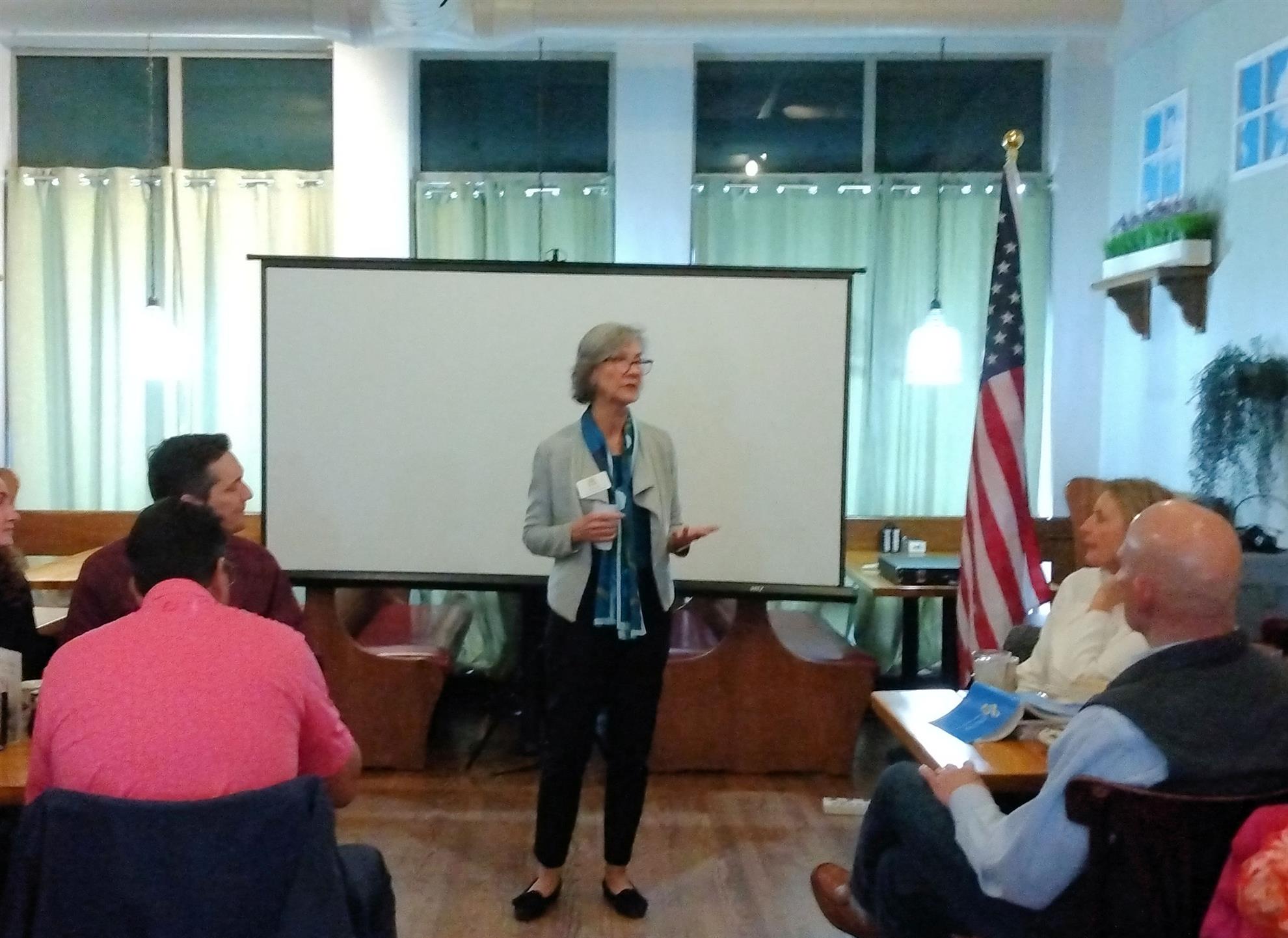
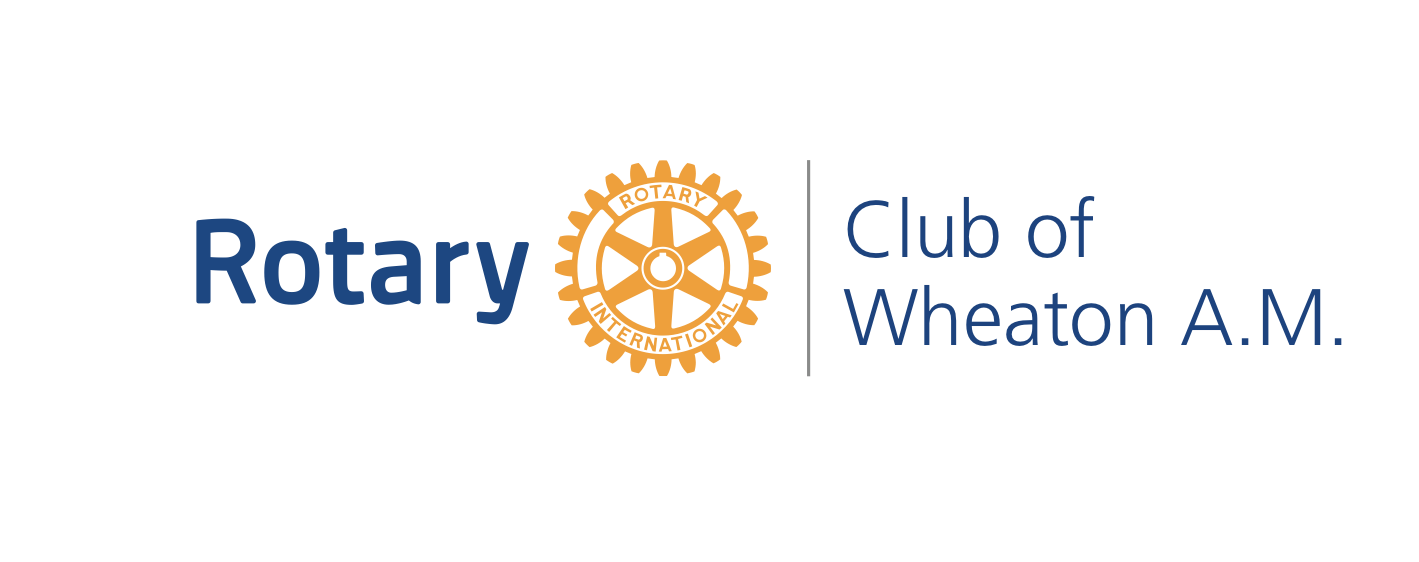
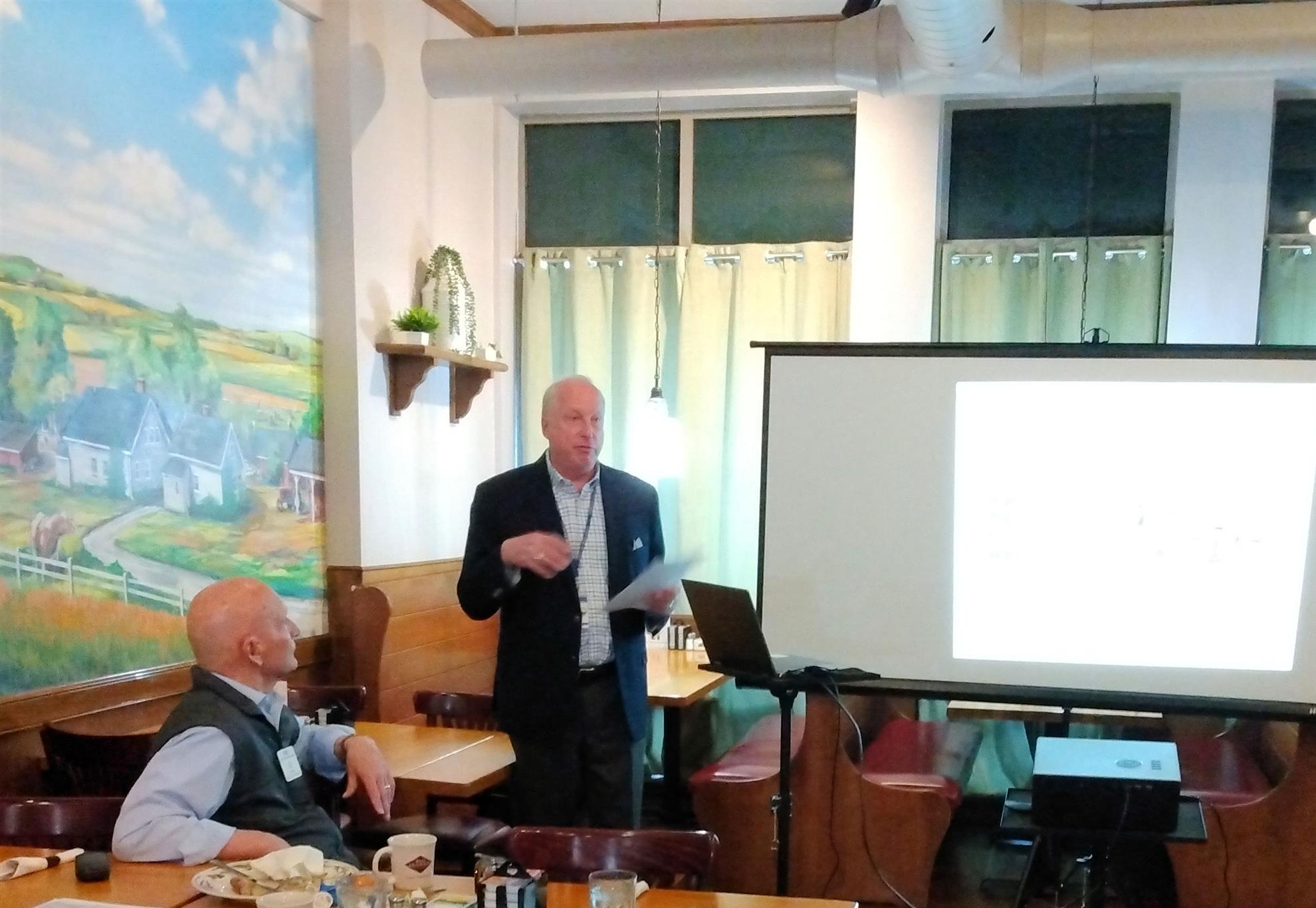
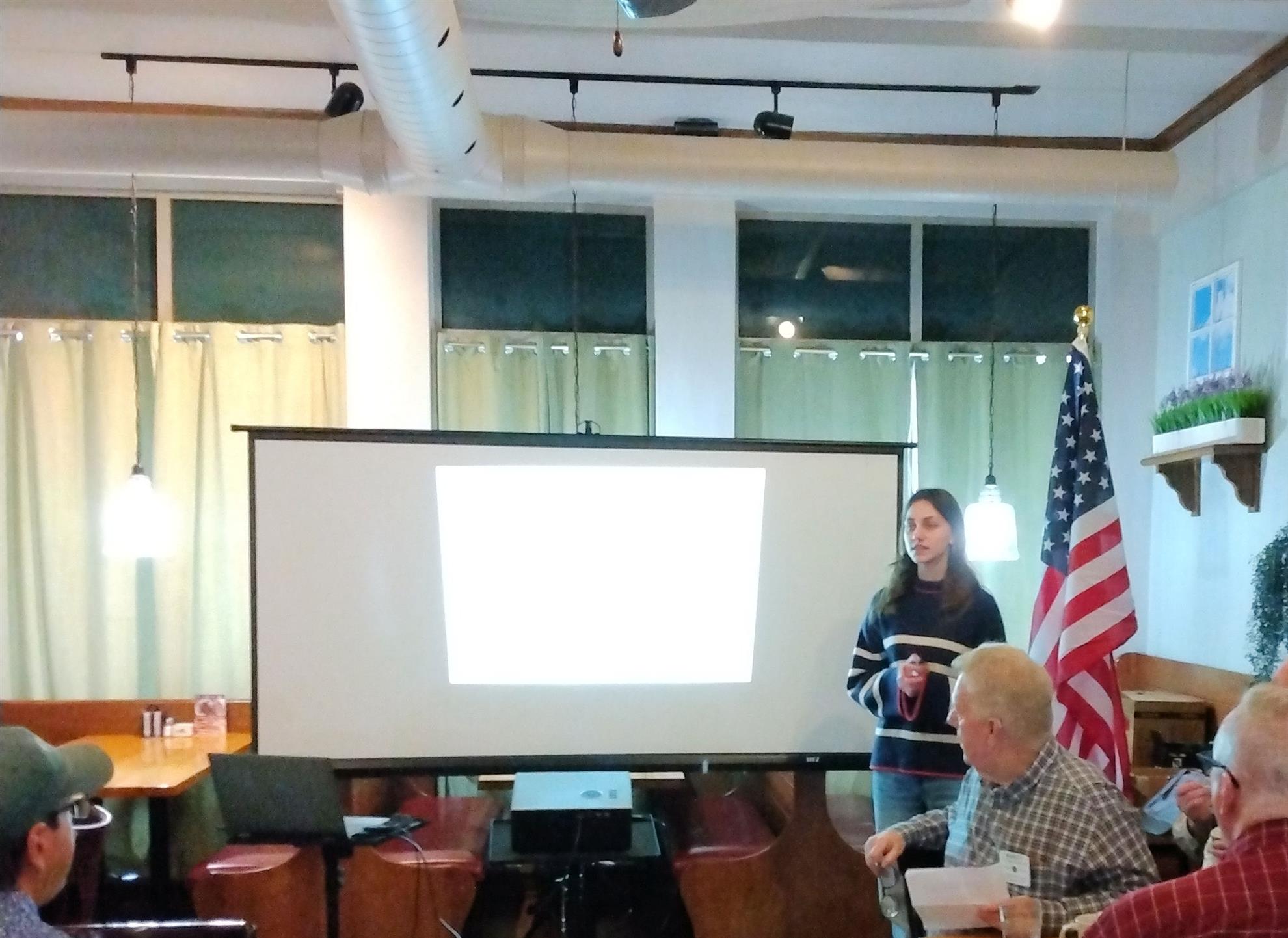
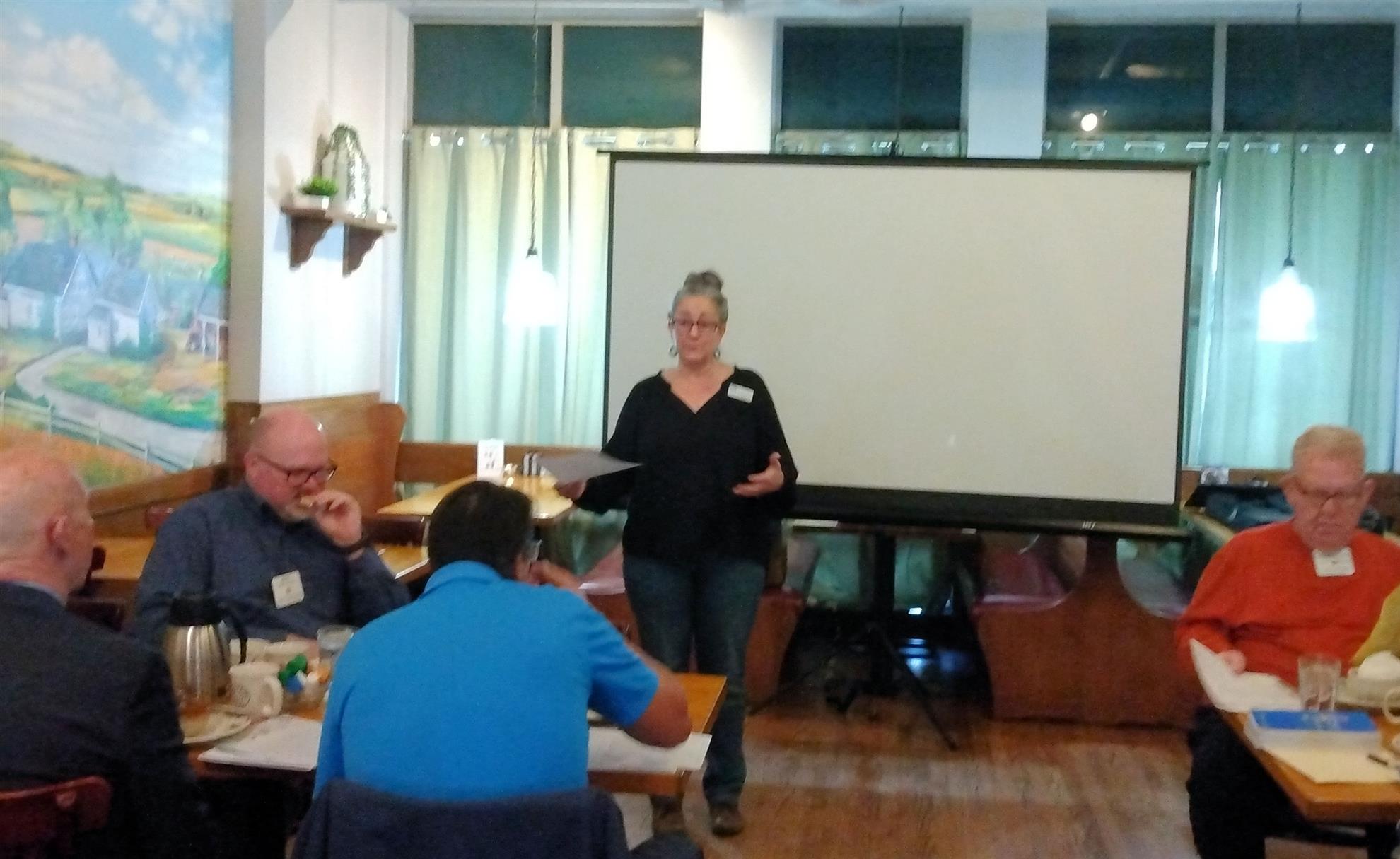
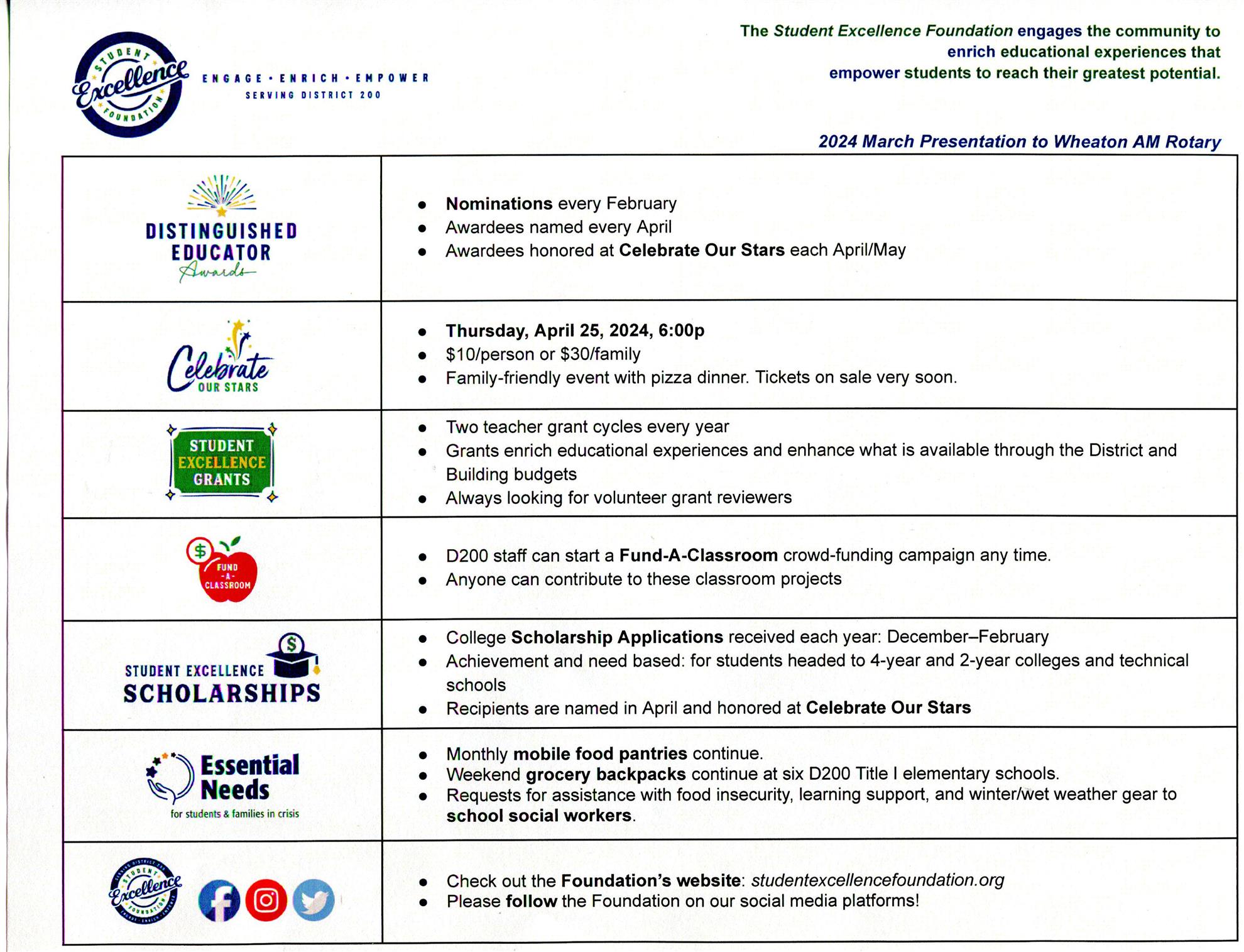
.png)













Wheaton, IL 60187
United States of America